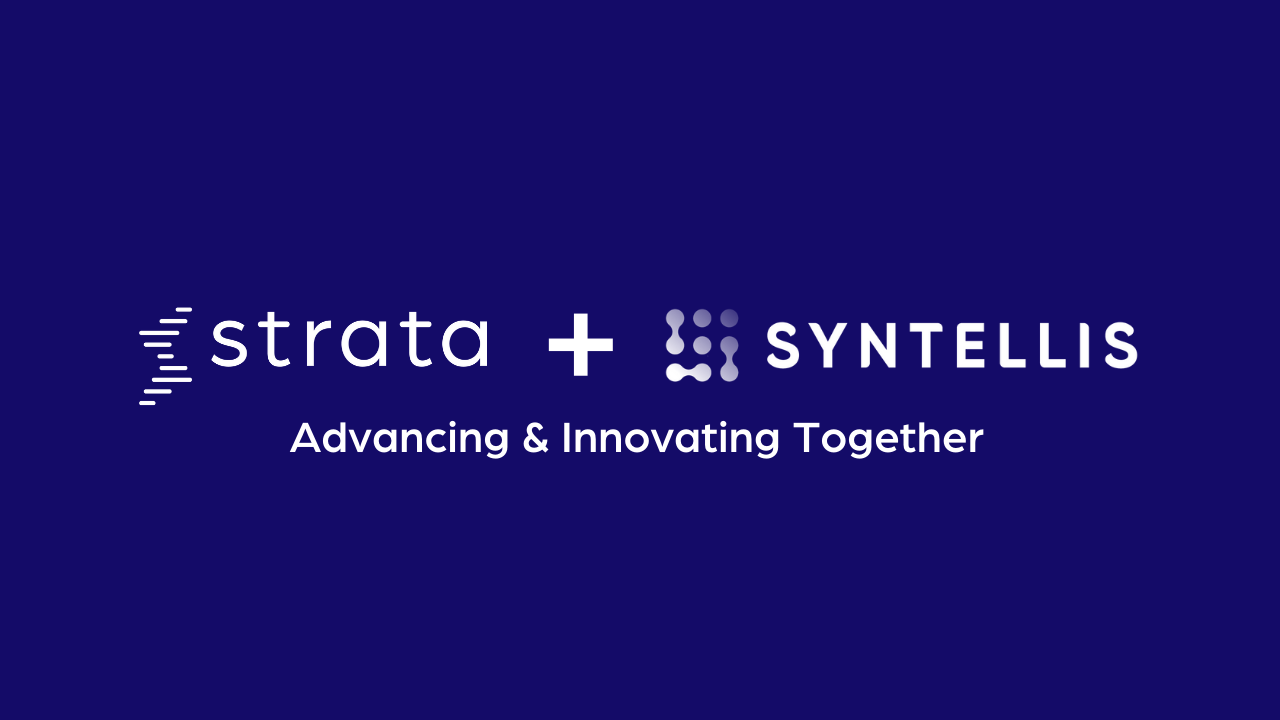Cost accounting initiatives must be directed by a full-time, dedicated champion of cost information.
One of the few certainties in an industry such as healthcare that is facing unprecedented change is the need to dramatically lower costs. Kaufman Hall recommends hospitals reduce costs by 25-30 percent during the next five years. For most hospitals and health systems, that means a transformational undertaking rather than incremental adjustments.
This call to action is not new, but talk has not translated into action that acknowledges urgency. Kaufman Hall’s research report, 2017 State of Cost Transformation in U.S. Hospitals: An Urgent Call to Accelerate Action, is based on a survey of more than 150 hospital and health system executives. The report reveals that 75 percent of respondents rate their cost transformation success as average to below average, and more than half have no cost-reduction goals for the next five years, or have goals of only 1-5 percent. When asked about barriers to more effective cost transformation efforts, a lack of good data and insight into costs to identify savings opportunities were cited as the top impediment. Only 25 percent of survey respondents have confidence in the accuracy of their cost accounting results.
These responses indicate many organizations have not developed their cost accounting capabilities sufficiently to view cost and profitability trends that are needed to support informed decision-making. Another obstacle is the absence of transparent systems that are easy to set up, maintain, and validate, yet are capable of accurately handling the appropriate level of detail.
In addition, the human element receives infrequent mention. Revenue cycle teams at many hospitals have grown substantially to maximize patient payments. Large quality teams have surfaced to tackle the transition to value and ensure optimal patient outcomes. However, finding experienced staff to provide reliable and actionable data that can be used to reduce and control costs has been challenging for many organizations.
With technology solutions becoming more sophisticated and reliable, a misperception has emerged that cost accounting is now easy, and fewer staff are needed to ensure that data are accurate, accessible, and used appropriately for decision-making. In reality, the opposite can be argued — that skilled and experienced cost accounting and decision support teams are more important than ever given what is at stake for organizations unable to achieve aggressive cost-reduction targets.
Understanding Why Cost Accounting Talent and Experience Matters
In data-challenged, financially focused environments, cost accounting initiatives must be directed by full-time, dedicated champions of cost information who can engage with leaders across an organization and invest in management of people, processes, and systems. Cost accounting and decision support teams provide crucial guidance and support in the following areas.
Data transparency.
As more people across healthcare organizations use costing data for decision making, teams must be available to validate and trace information back to its original source without extensive delays. When trust in the numbers exists, managers, medical staff, and others are more likely to be better stewards and owners of cost accounting information.
Service line analytics.
Experienced cost accounting and decision support teams are producing service line cost and profitability analytics that serve a pivotal role as decisions are made about consolidating or closing clinical service areas.
Validity checks.
Cost accounting professionals must attest to the validity of cost and profitability analytics being used for strategic planning and hospitals’ financial statements.
Comparisons and reconciliation.
Members of the cost accounting and decision support teams are needed to compare financial results with cost data and ensure full reconciliation and transparency to encourage buy in from senior leadership. They must also review cost results and identify variances at charge item and patient levels. Collaborating with managers on these activities ensures improved cost validity and buy in at the manager level.
Integration of reports.
The team’s expertise is required to manage requests from leadership to integrate comprehensive performance reports for strategic and operational planning using models that can be easily manipulated and adapted to reflect changes in care processes and the true costs of care.
Education.
Experienced cost accounting and decision support teams with the right mix of skills must be available to provide education and training opportunities that help organizations keep pace with new accounting models and trends. A regular cadence of meetings to discuss the input (costing set-up) and output (decision support reporting) and ensure that the data are reliable and being used effectively also is essential.
Bringing Talent and Resources In Line with Priorities
If cost transformation is a significant or very significant need for organizations — as 96 percent of respondents indicated in the Kaufman Hall survey — and cost transformation successes hinge on access to accurate and actionable data, what are hospitals and health systems willing to invest to ensure they have cost accounting and decision support teams to own the data and focus on achieving cost transformation goals?
Embracing three best practices is a good first step toward understanding what it will take to create and support a high-functioning cost accounting team.
Senior-level support.
Cost projects have executive leadership, and leaders participate in setting annual goals and objectives for the costing function and ensuring appropriate funding. Finance leaders meet regularly with the cost accounting team.
Organizationwide participation.
Management across the organization is involved in costing projects, rather than costing being viewed as a back-office function. Patient care managers endorse direct costing results within their areas, and support and overhead areas are engaged in setting allocation rules and activity levels. Participation in the costing function is included in job descriptions and staff performance assessments.
Optimal department structure.
Cost accounting and decision support comprise a separate and distinct department with knowledgeable and experienced team members who support the entire organization. Department leaders are well-respected and have the resources needed to keep up with evolving technology and the growing needs of the organization. Leaders also are proactively engaged with hospital managers to make adjustments to assumptions, rather than making corrections retroactively. Department members are included as permanent members of groups charged with cost transformation activities so that they can answer questions about cost assumptions and results, educate teams about methodologies, and identify nuances or gaps that may impact decision-making.
Investing in People and Systems
Ensuring that hospitals and health systems have cost accounting teams with the time and expertise to accurately and efficiently produce, interpret, and socialize data throughout the organization is an investment with huge potential for returns. With valid costing data and the ability to identify sources of disproportionate costs, organizations will be better positioned to achieve the ambitious cost transformation goals that are no longer optional. The right systems and tools are part of the solution, but the right people with the proper support are the most important elements.
This article was originally published in HFMA December 2017 Healthcare Cost Containment. Read the article here: https://www.hfma.org/Content.aspx?id=57151

